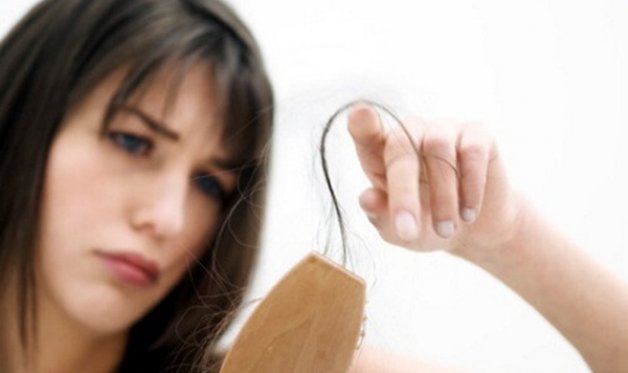Add stress –related hair loss to the many problems caused by the coronavirus pandemic.
“I’ve had patients coming in recently with stress-related hair loss, who tell me they were so worried about dying earlier this year or even that they had COVID-19. But they don’t see the effects until three months later,” said dermatologist Dr. Ohara Aivaz of Cedars-Sinai Medical Center in Los Angeles.
“It throws the patient off because the stress has resolved, and yet, the physical manifestation is happening now,” Aivaz said in a hospital news release.
Stress-related hair loss typically occurs three months or more after a stressful event. Why it takes that long isn’t clear, but the body may prematurely force hair into the dormant phase of its growth cycle, which eventually leads to the hair root shrinking and falling out, experts say.
If you do have hair loss, it’s a good idea to have a doctor check for a thyroid issue or anemia. If stress is the cause, hair loss supplements and time can help, according to Aivaz.
“If you remove the trigger and the stress level decreases, the majority of the time hair loss stops on its own, and the patient re-grows the lost hair because their follicles are still active and healthy,” she said.
As the pandemic has progressed, Aivaz and other dermatologists have also had more patients seeking treatment for skin issues caused by increased hand-washing and stress.
In addition to hair loss, stress can trigger flares of acne, dandruff and eczema, particularly among older people who are more vulnerable to COVID-19 and may have been worried about their health and finances, Aivaz said.
For eczema, she recommends taking short, lukewarm showers of 10 minutes or less using fragrance-free soap in the areas most often affected (armpits, groin, feet). But don’t overdo it, she noted.
“When skin is really dry, even gentle soap can strip natural oils. Don’t wash something that’s not soiled,” Aivaz said. “Lather soap in your hands, and skip the washcloth, which also can strip your skin.”
By Robert Preidt


